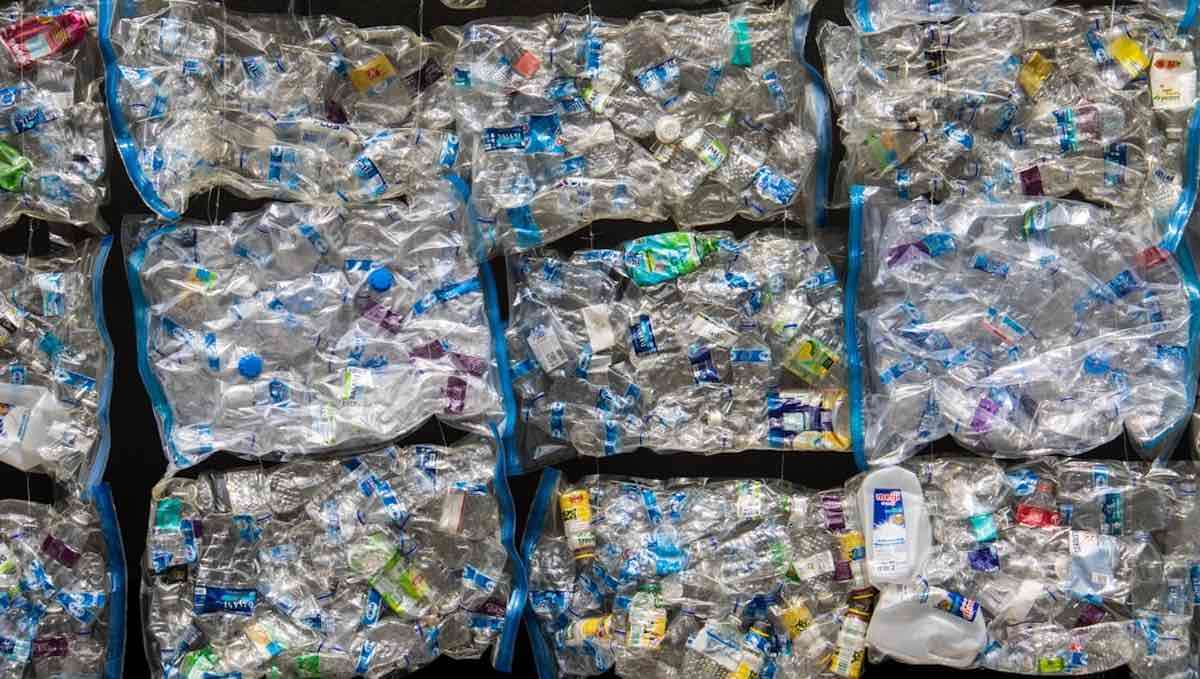Researchers Discover a Breakthrough With Animal Studies That Has the Potential to Prevent Alzheimer's
The University of Calgary has made an exciting breakthrough with the potential to prevent and reverse the effects of Alzheimer's.

As much as plastic has been maligned in recent years, it was actually a remarkable invention for humanity, allowing us to craft unique materials for essential items and everyday necessities. The problem is that so much of it ends up in landfills and oceans.
The best way forward in dealing with plastic today is to create a circular economy in which resources can be reused, rather than thrown away—and a new technology developed by an international research team may be an innovative solution to address the problem.
In the October edition of the journal Nature Catalysis, scientists from Oxford and other universities in the UK, in collaboration with research groups in China and Saudi Arabia, announced they had developed a simple method for retrieving valuable chemicals from plastic waste, so that recyclers may have a means of making more money from collecting plastic waste.
According to the study, the team's new process involves breaking plastic down into its molecular components by "pulverizing" it and using microwaves. Doing so can release the core components of plastic materials, including hydrogen and pure carbon, which can then form high-value products, like carbon nanotubes.
To accomplish this feat, the team used a novel set of catalysts—a fancy word for materials that spur subsequent chemical reactions.
Normally, waste recycling equipment will heat up the plastic itself to melt it down. In this case, however, researchers heated up their signature blend of catalysts first, which propelled the conversion process forward in fascinating new ways.
Between 30 to 90 seconds later, the team found their one-step rapid conversion process would produce useful chemicals. The hydrogen they obtained was 97 percent pure, providing a great potential source of clean hydrogen fuel—and the carbon they obtained was crafted into high-value carbon nanotubes, a next-generation engineering material that is incredibly durable but lightweight. These materials, taken together, could provide a crucial revenue stream for recyclers.
One of the researchers, Professor Peter Edwards at Oxford's Department of Chemistry, said, "This opens up an entirely new area of catalysis in terms of selectivity and offers a potential route to the challenge of the plastic waste Armageddon, particularly in developing countries as one route to the hydrogen economy – effectively enabling them to leap-frog the sole use of fossil fuels."
It's important to keep in mind that the team cited here used only a small sample set of plastic waste. However, they believe the process can scale meaningfully to an industrial level.
(Photo credit: Nick Fewings)
SEND This Recycling News to Your Green Friends on Social Media…
Be the first to comment